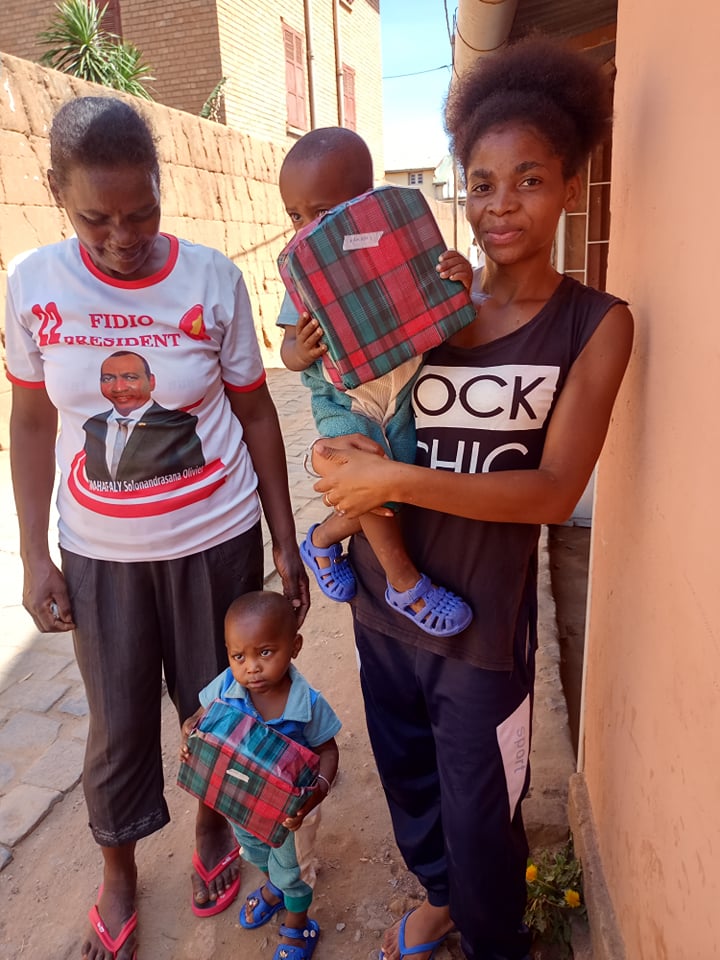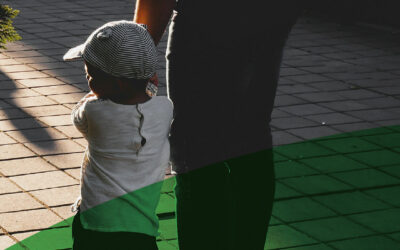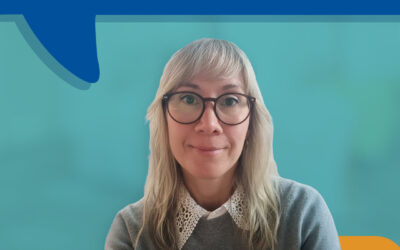The Martin James Foundation marks International Women’s Day by highlighting the family strengthening work of their partner in Madagascar.
FAMadagascar (FAM) is not just imaging a gender-equal world but actively helping to build one.
Based in Madagascar’s capital city of Antananarivo, FAM provides family strengthening services and is developing a foster care programme.
While Malagasy society has profound respect and honour for women within its culture, women experiencing poverty are often discriminated against and forced to give up their children. FAM works to support these women who would otherwise have no choice but to place their children in orphanages.
When the Covid-19 pandemic began, the Martin James Foundation supported FAM to relocate 21 pregnant women from a government response centre, where 700 men, women and children lived in one room, to safe housing in the community, with furniture, food, and prenatal visits.
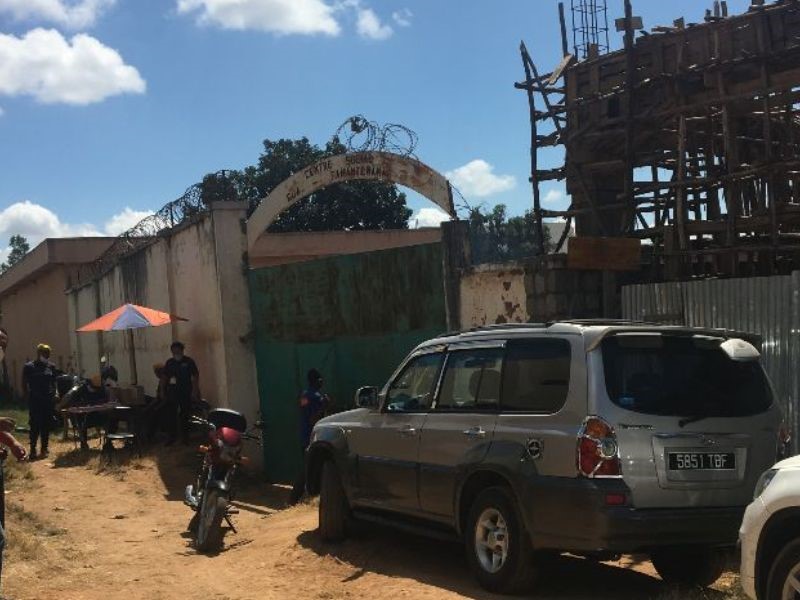
One of these women was Nadine.
Before the pandemic, Nadine and her mother were homeless and sleeping in a cardboard box, making them vulnerable to abuse. And finding work was almost impossible for Nadine, who didn’t attend school as a child.
Around the time the pandemic started, Nadine discovered she was pregnant with twins. She was placed in the government centre and was eventually allocated a social worker from FAM, who supported her move back into the community. It was a difficult transition as Nadine experienced resistance from neighbours due to the stigma and biases around poverty.
“It is necessary to help people see that poverty isn’t something that is necessarily the fault of the person but is a tragic outcome of circumstances, and it is society’s responsibility to reach out and help where we can,” says Lanto, FAM’s National Director.
Soon after settling into her new home, Nadine gave birth to healthy twins and had the sad news that her mum had died. Feeling isolated and alone, FAM worked to reconnect her with a relative who provided the family warmth that she needed to adjust to being a mum of twins.
As her babies grew, so did Nadine’s desire to become more self-sufficient. FAM supported her to enrol in a sewing course, and she quickly became one of the top students resulting in a job and a good salary at a local clothing company.
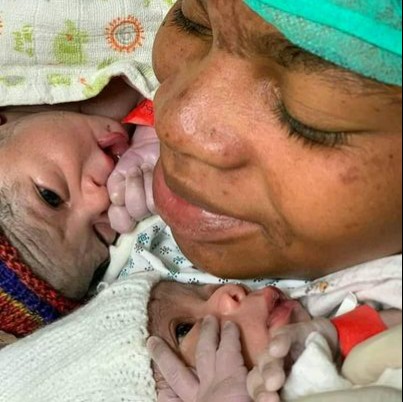
“This has been such a boost for her self-confidence. When we visit her, they are struck by her words welcome to my home, accompanied by an ear-to-ear smile,” says FAM social worker Mamy.
Nadine now tells her social worker, “You don’t need to provide food for me now. I only need a little help with my rent.” Nadine has the skills and resources to provide for herself and her children, giving her confidence and hope for the future.
Mamy goes on to explain, “The support given to these women, such as psycho-social accompaniment, allows them to achieve goals that they thought they could not accomplish for many years. The most important of these goals is to take care of their children and give them love.”
Empowerment is a value that underpins all of FAM’s work. They first work to empower parents living in poverty who feel forced to abandon their babies on the street or in centres. Then they focus on empowering parents to be self-sufficient by supporting them to access courses enabling them to set up small businesses and get the necessary ID and paperwork to be employed.
“We carefully shelter them from the possible judgements and stigmatisation from the community around them due to their previous lifestyles. We take their hand to help them stand on their feet, and once they do and can walk well, as parents and providers, we gradually reduce our support,” explains Lanto.
FAM is committed to breaking down the biases, discrimination, and stereotypes for women who are street-connected and living in poverty. They know that consistent and meaningful support can empower families to parent, provide and live with safety, dignity, and hope for the future.
Nadine is proof of this. Almost two years after meeting FAM social workers, she is working, and providing for herself and her children.
